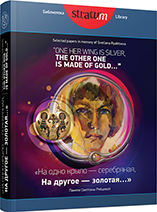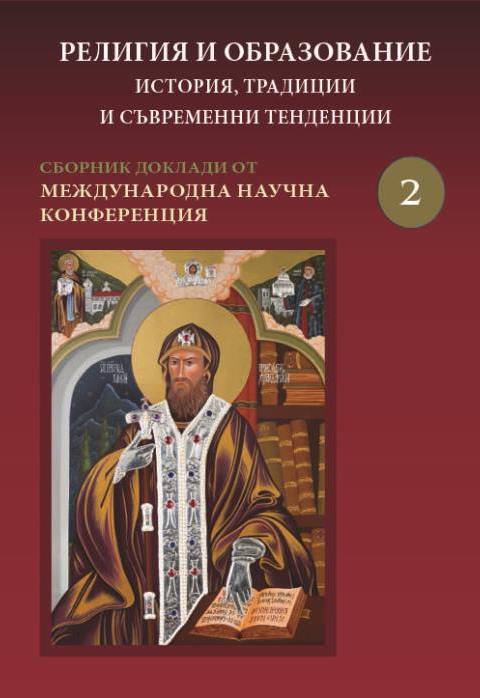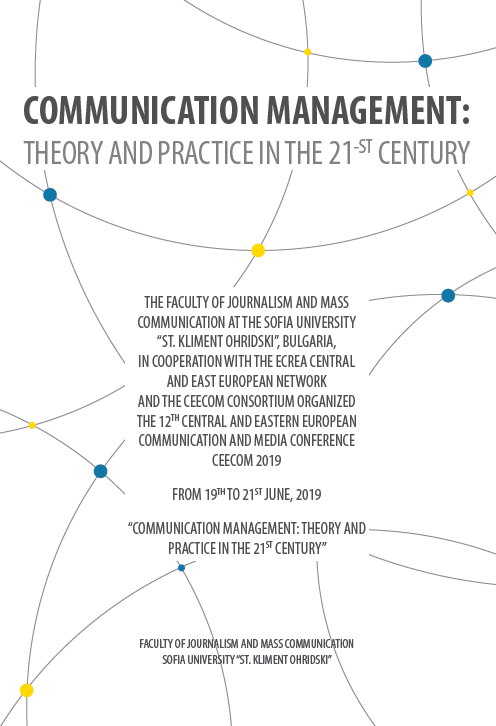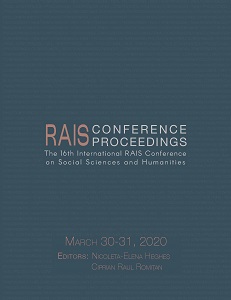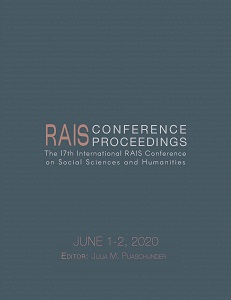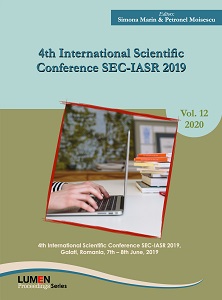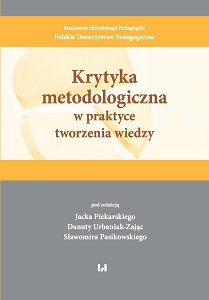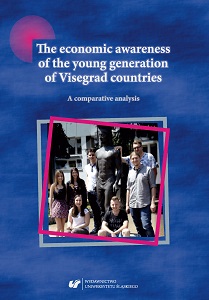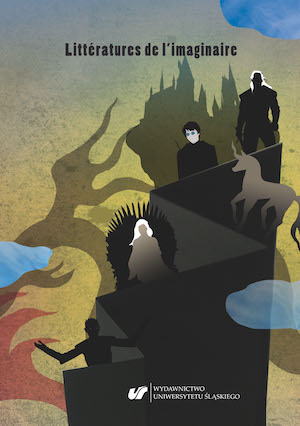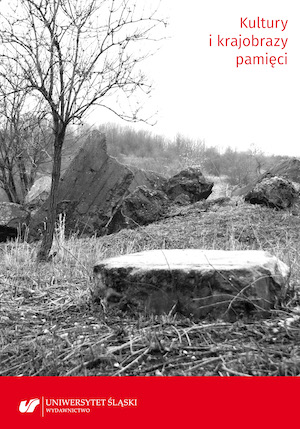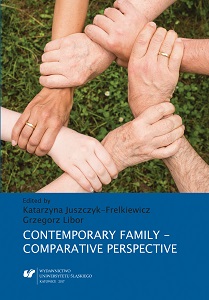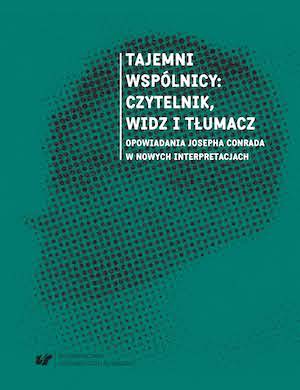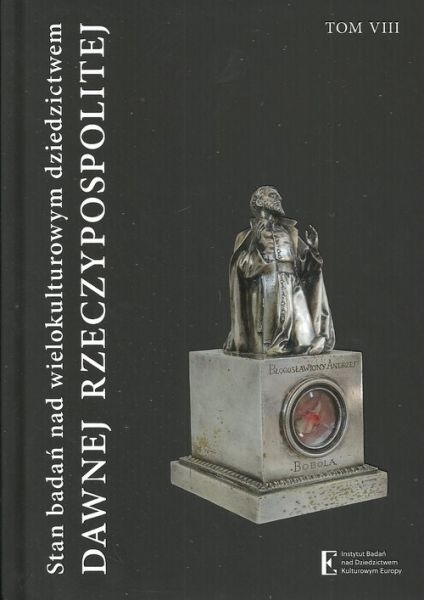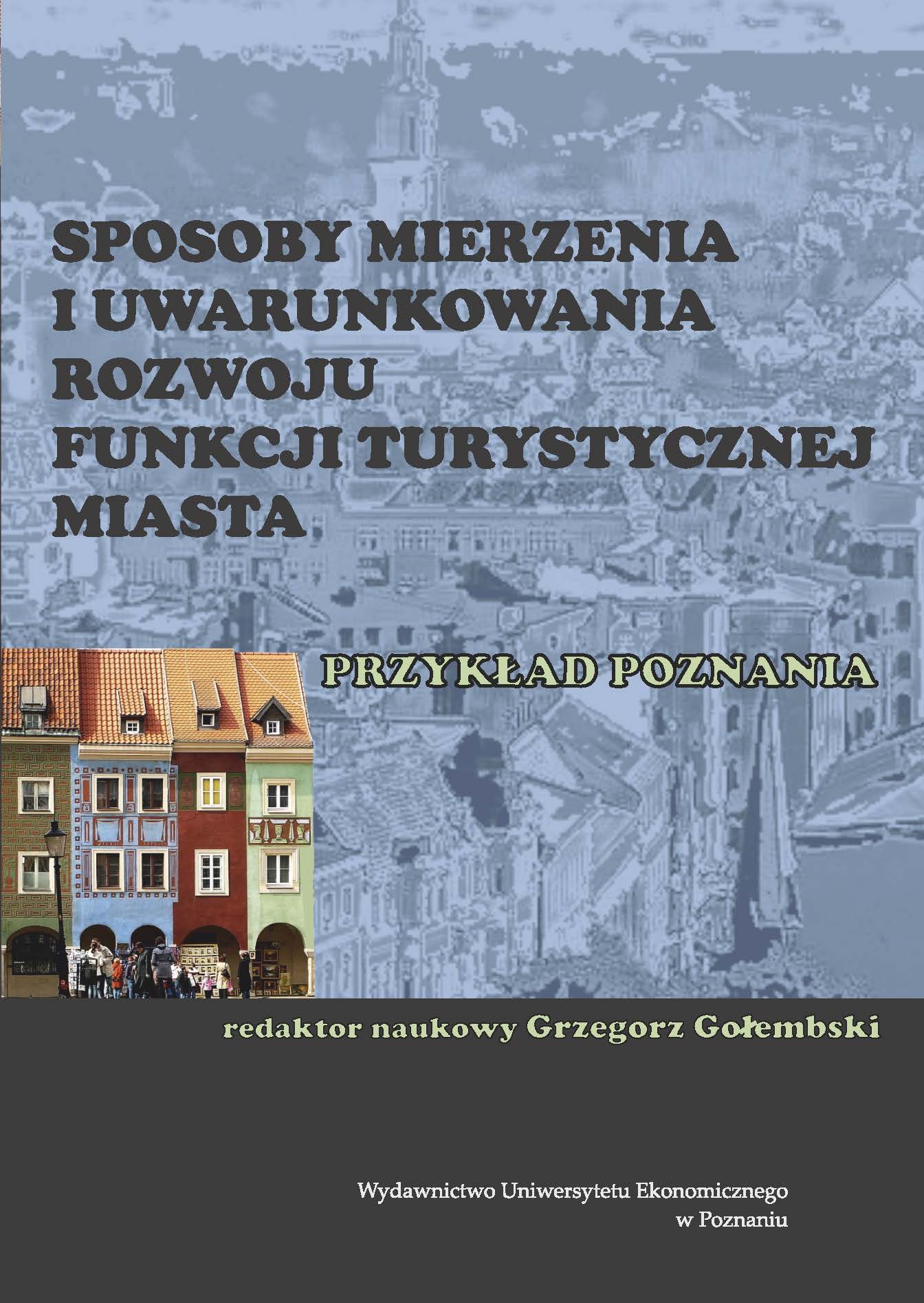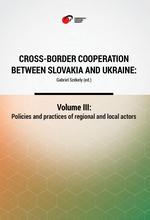
THE CARPATHIAN EUROREGION
THE CARPATHIAN EUROREGION
Keywords: Carpathian Euroregion;
Political development and changes in integration processes in Western Europe in the early 1970s led to cross-border regional cooperation between several countries in Western Europe and gave rise to the Association of European Border Regions in 1971 (History of AEBR 2019). In 1980, the European Framework Agreement on Cross-Border Cooperation was adopted in Madrid to promote regional cross-border cooperation. The fundamental objectives of the development and cooperation in these territories were declared in the European Charter for Border and Cross-Border Regions, which was formulated by the Association of European Border Regions in 1994.9 These steps led to the political activity of border regions, which put together democratic civic participation and shaped the diverse forms of cross-border cooperation. With the development of cross-border cooperation in many territories, particularly along the internal borders of the European Union (Germany, France, Austria, Holland, Belgium, Luxembourg, etc.), the number of Euroregions started to increase. After the political changes in the late 1980s and early 1990s in Central and Eastern Europe, the states of the so-called former Eastern Bloc also started to incorporate this concept.
More...
